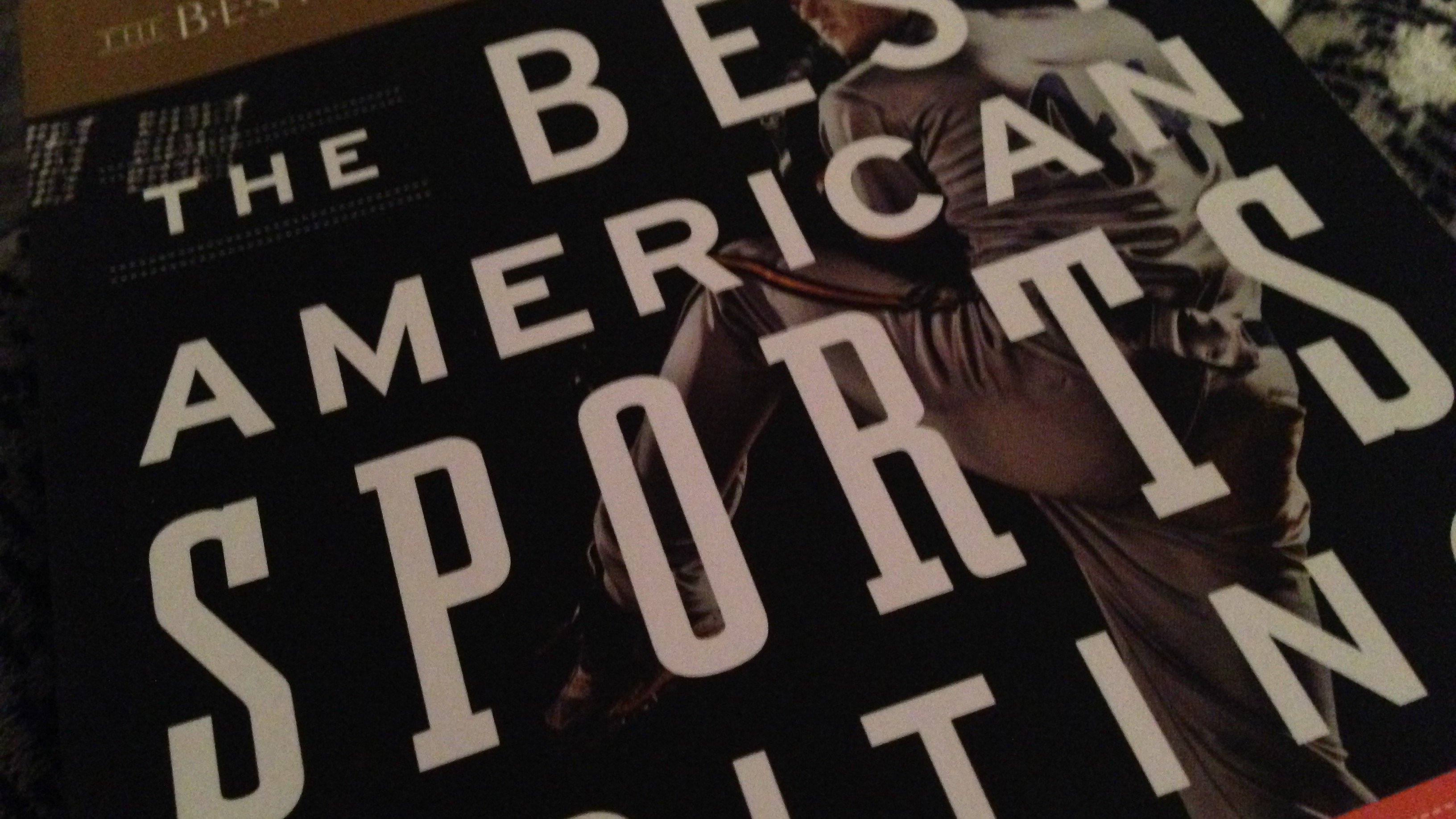Every week, I will shine the spotlight on some of the best storytelling in the business and offer my comments. “3 Great Stories of the Week” will post every Monday at 8 AM.
Having done the “3 Great Stories” segment every week since starting this block in February, I now face the challenge of picking my favorites.
But I have picked them, and here they are.
I posted my three favorite written stories of the year last week. This week, without further ado, I present my three favorite audio/video pieces of 2013, along with what I wrote about them back then, with minor edits for clarity:
#3) Cut and run (11/1/13, Radiolab): This entire segment from NPR’s Radiolab is tremendous, but I will tell you the moment when I truly appreciated the storytelling here:
I had listened to about five minutes of the story, which is essentially a lesson as to why Kenyan runners always dominate long-distance running. The show’s producers and reporters kept teasing out the answer, providing possible (and then debunked) explanations and expressing their own bewilderment, while keeping their real hypothesis in the distance. I was listening while sitting at my computer, and I realized at that moment that, if I really wanted to learn the answer, I could probably just Google it and be done.
But I didn’t want to Google it. I didn’t want to spoil the big reveal. I wanted to stay on the Radiolab ride, because the story until that point had been so interesting and well-told.
Turned out the reveal was pretty great — and also gruesome. Ladies and specifically gentlemen, please do not listen to the back half of this segment on an empty stomach.
